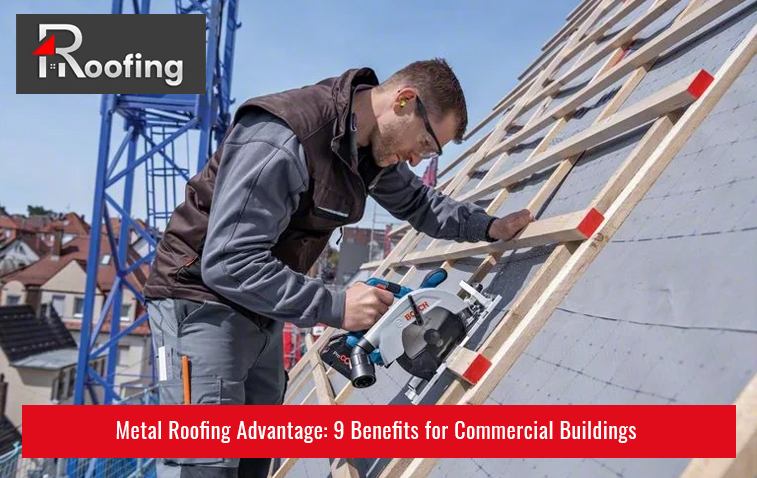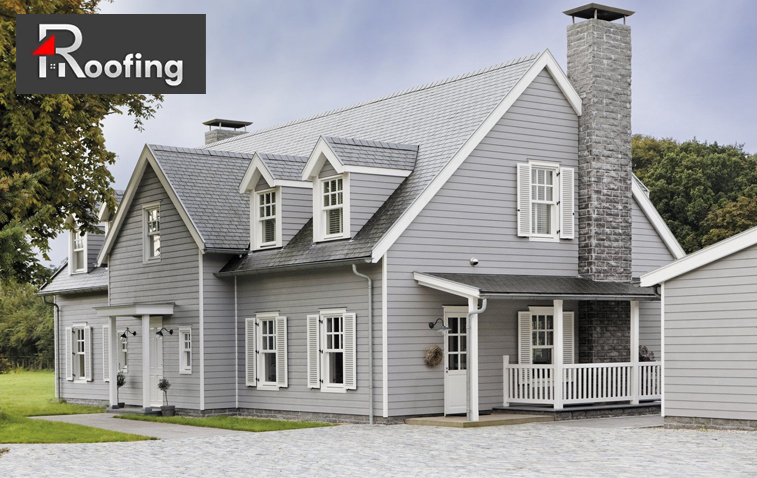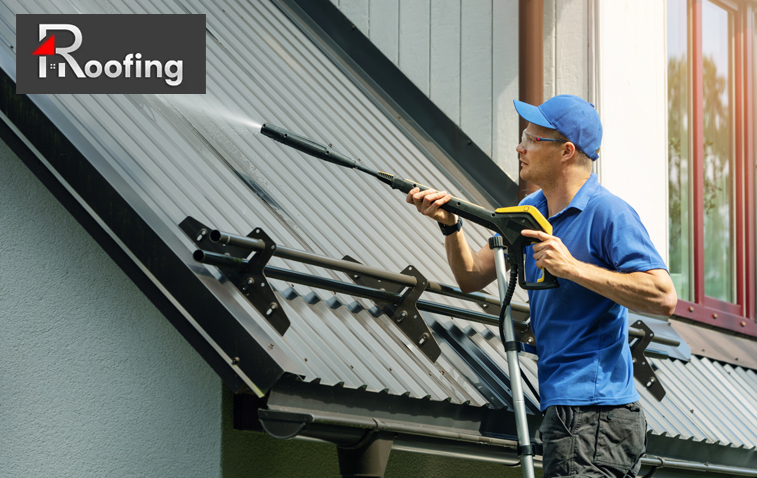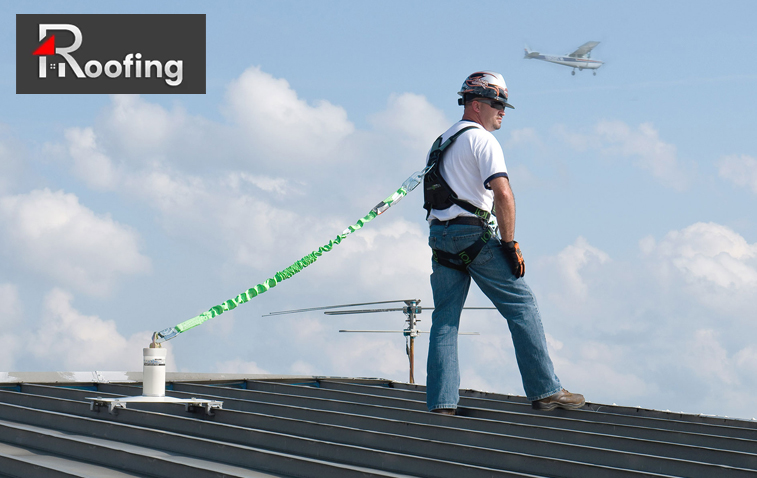In the bustling world of commercial real estate, the choice of roofing material can significantly impact a building’s performance, maintenance needs, and overall aesthetic. Among the myriad options available, metal roofing stands out for its durability, energy efficiency, and environmental benefits. This comprehensive guide explores nine key advantages of metal roofing for commercial buildings, providing an in-depth understanding of why this material is a top choice for modern commercial properties.

One of the most compelling reasons to opt for metal roofing is its remarkable longevity and durability. Unlike traditional asphalt shingles, which may need replacement every 15-20 years, metal roofs can last 40–70 years, depending on the material. Metals like aluminum, steel, and copper are resistant to rot, mildew, and insect infestation, ensuring that the roof remains intact and functional for decades.
Metal roofing is known for its excellent energy efficiency, which can be a significant advantage for commercial buildings. Metal roofs reflect solar radiant heat, which can reduce cooling costs by 10–25%. Additionally, many metal roofs come with reflective coatings that enhance their energy-saving properties.
Metal roofing is an environmentally friendly choice for several reasons. Firstly, metal roofs are often made from recycled materials and are 100% recyclable at the end of their lifespan. This reduces the environmental impact associated with roofing materials that end up in landfills.

Commercial buildings require robust safety features, and metal roofing provides excellent fire resistance. Most metal roofing materials have a Class A fire rating, the highest possible, which means they are non-combustible and provide superior protection against fire.
Metal roofing offers a wide range of aesthetic options, allowing commercial building owners to choose from various styles, colors, and finishes. Whether you prefer the sleek look of standing seam panels or the traditional appearance of metal shingles, metal roofing can be customized to complement any architectural style.
Metal roofing is significantly lighter than traditional roofing materials like tile or concrete, which can reduce the structural load on a building. This lightweight nature simplifies the installation process and can lead to cost savings in structural support and transportation.
Metal roofs are highly resistant to a variety of weather conditions, making them an excellent choice for commercial buildings in diverse climates. They can withstand extreme temperatures, high winds, heavy rain, and snow, providing reliable protection year-round.

Although the initial cost of metal roofing may be higher than some traditional materials, the long-term savings make it a cost-effective choice. The durability, low maintenance requirements, and energy efficiency of metal roofs contribute to lower life-cycle costs.
The installation of a metal roof can enhance the value of a commercial property. Potential buyers or tenants often view metal roofing as a desirable feature due to its durability, energy efficiency, and aesthetic appeal.
Metal roofing offers a multitude of benefits for commercial buildings, from its unmatched durability and energy efficiency to its environmental sustainability and aesthetic versatility. Whether you are constructing a new building or retrofitting an existing one, considering metal roofing can lead to significant long-term advantages and enhanced property value.
Metal roofing systems can be integrated with various insulation materials, enhancing the building’s overall energy efficiency. The reflective properties of metal roofs also reduce heat absorption, which works in tandem with insulation to maintain consistent indoor temperatures. This integration helps reduce energy consumption for heating and cooling.
Modern metal roofing systems often include solid sheathing and insulation, which significantly reduce noise from rain, hail, and other impacts. Additionally, acoustic underlayments can be installed to further minimize noise, ensuring a quiet interior environment. This makes metal roofing suitable for commercial buildings where noise reduction is important.
Yes, metal roofing can be adapted for flat or low-slope roofs using specific designs like standing seam panels and mechanically seamed systems. These options provide excellent water resistance and durability for flat roofing applications. Proper installation and design considerations ensure that metal roofing performs well on flat roofs.
Metal roofing excels in extreme temperatures, as it reflects solar heat in hot climates and retains warmth in colder conditions. Its expansion and contraction properties are well-managed with proper installation, ensuring longevity and performance in various temperature ranges. This adaptability makes metal roofing a versatile choice for different climatic conditions.

12 Roofing
12 Roofing brings together seasoned roofers and contractors to provide premier roofing solutions. Explore our comprehensive services and experience the exceptional quality and professionalism we offer.
Tile roofing is a classic choice for Burbank homeowners seeking […]
Have you ever imagined a roof that doesn’t just protect […]
Rain gutters plus are required in ensuring that water does […]
Speak with our in-house experts in residential roofing services for new ideas!
Copyright © 12 Roofing - 2025. All Rights Reserved.
